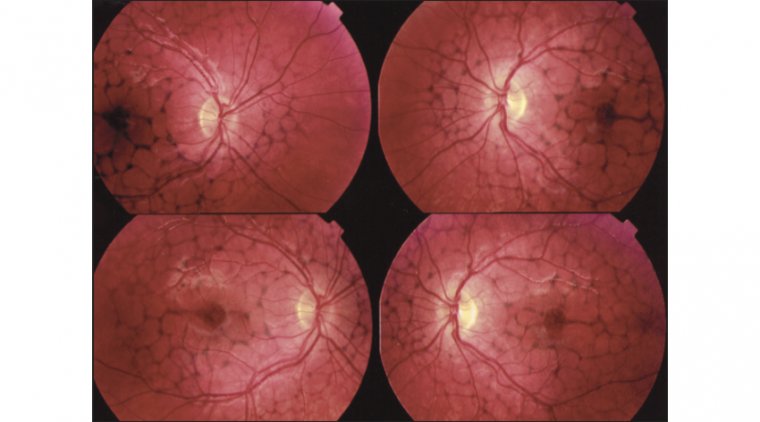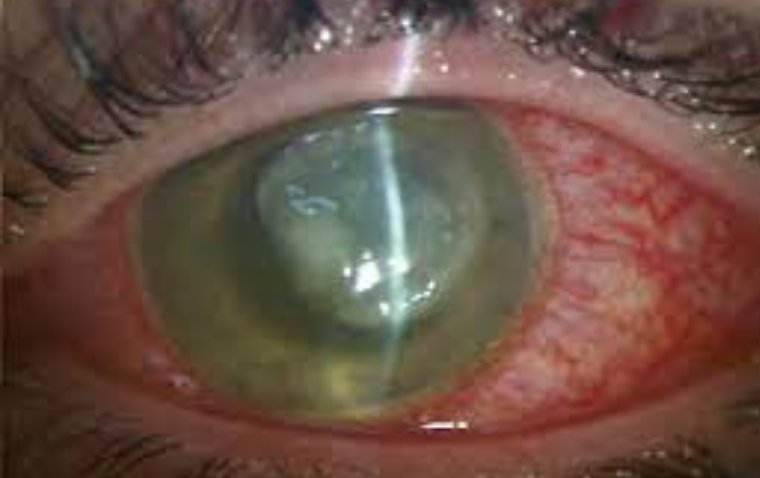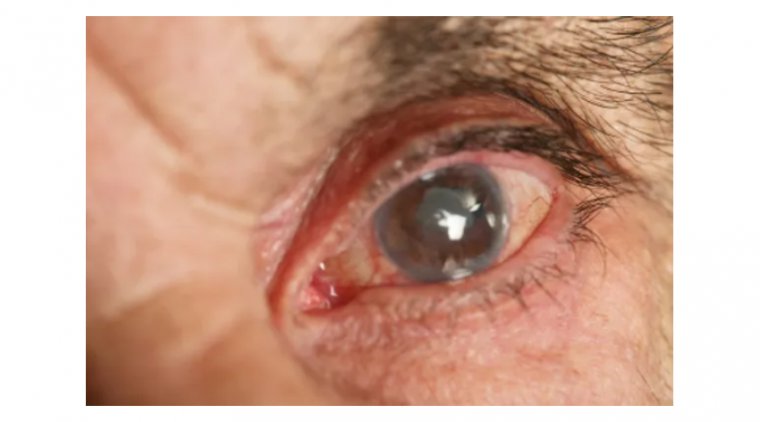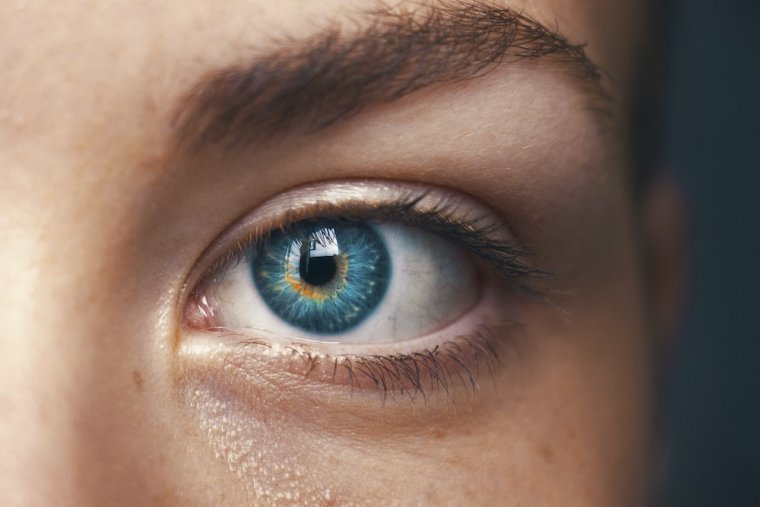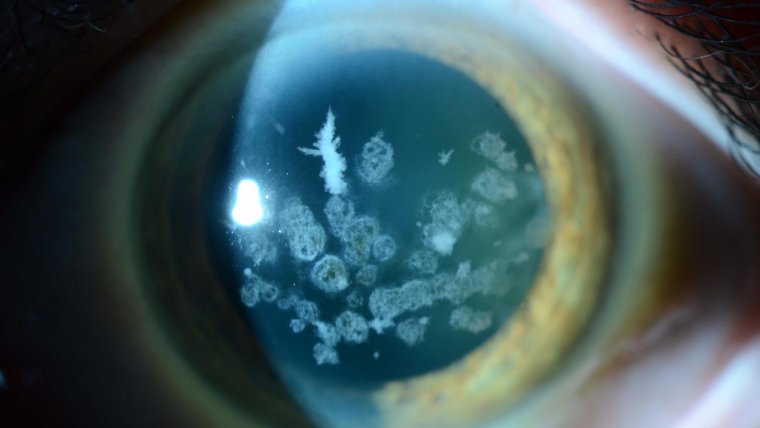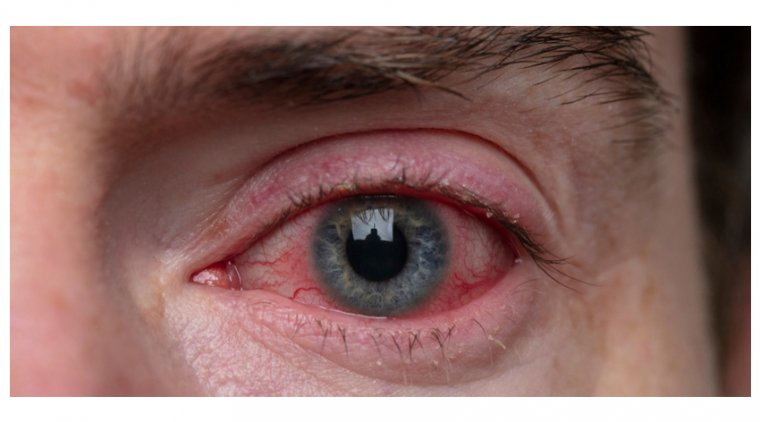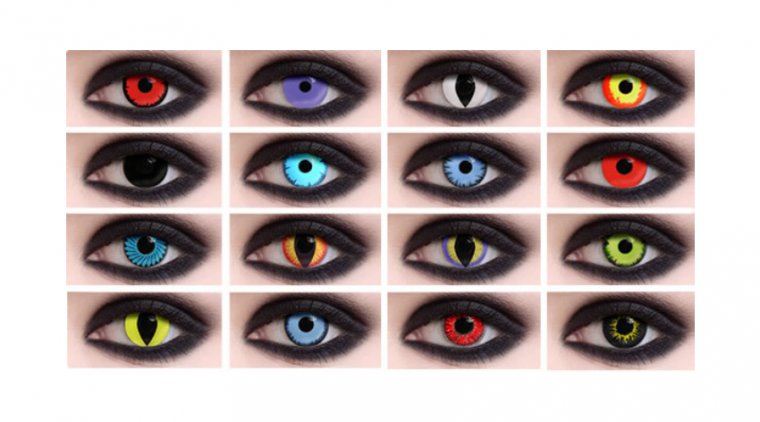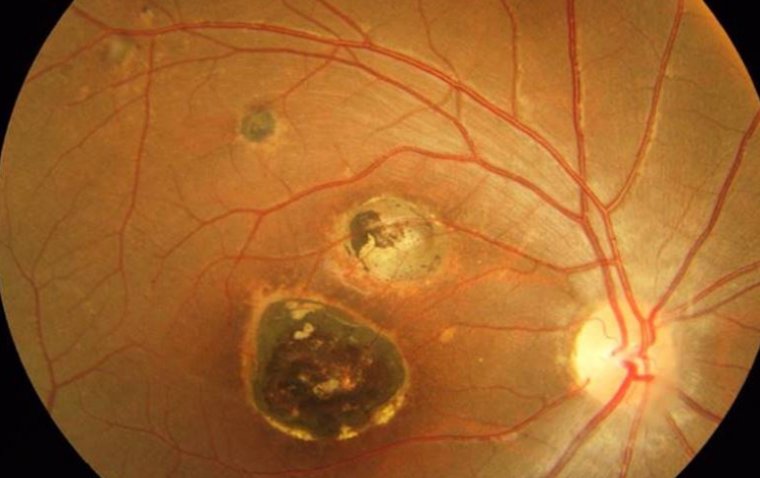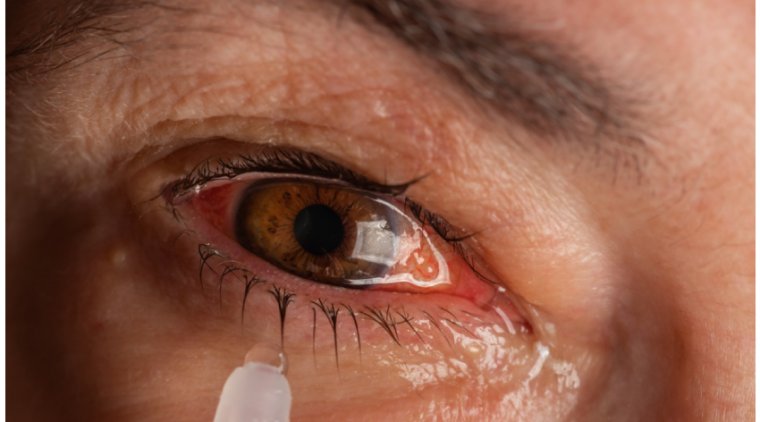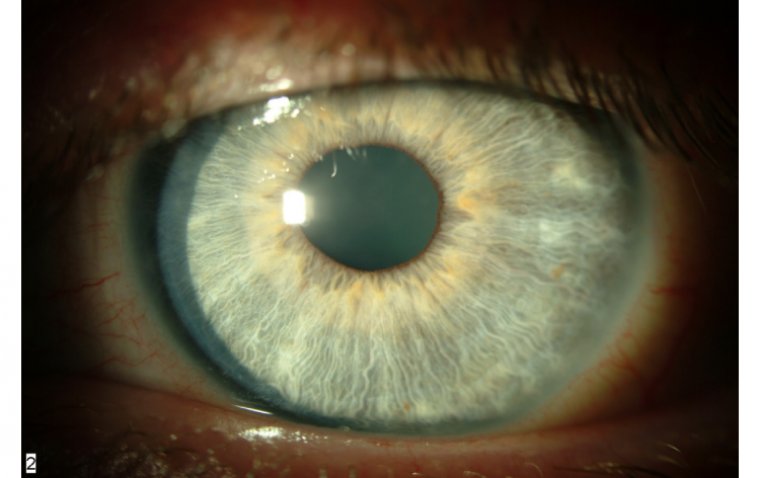
A Rare Disease that Attacks the Cornea: Thygeson's Superficial Punctate Keratitis
Thygeson's Keratitis, also known as Thygeson's Superficial Punctate Keratitis, is a rare inflammatory disorder of the cornea. It is characterized by the presence of small, superficial lesions on the surface of the cornea, which can lead to vision loss if left untreated.
Causes of Thygeson’s Keratitis
The exact causes of Thygeson's Keratitis are not fully understood, but several factors are thought to contribute to its development.
● Immune system dysfunction: Thygeson's Keratitis is thought to be an autoimmune disorder, in which the immune system mistakenly attacks healthy cells in the cornea.
● Viral infections: Some studies have suggested that viral infections, such as adenovirus or herpes simplex virus, may play a role in the development of Thygeson's Keratitis.
● Genetic predisposition: There may be a genetic component to the development of Thygeson's Keratitis. Some studies have suggested that certain genetic mutations may increase the risk of developing the disorder.
It's important to note that Thygeson's Keratitis can have multiple causes and thus it can be challenging to identify the exact cause in an individual case.
What Are The Symptoms of Thygeson's Keratitis?
It's important to note that the symptoms of Thygeson's Keratitis can vary from person to person, and not all individuals will experience all of the symptoms. In some cases, symptoms may come and go, or may be mild and not require treatment.
Eye pain: Thygeson's Keratitis can cause pain or discomfort in the affected eye. This pain may be mild or severe, and may be accompanied by a burning or stinging sensation.
Redness of the eye: The eye may appear red or inflamed due to the presence of inflammation in the cornea.
Light sensitivity: Some people with Thygeson's Keratitis may experience increased sensitivity to light, known as photophobia.
Blurred vision: The lesions on the cornea can cause blurriness or distortion of vision.
Tearing: Some people may experience excessive tearing in the affected eye.
Foreign body sensation: The patient may feel a scratchy or gritty sensation in the eye.
Reduced vision: In severe cases, Thygeson's Keratitis may cause a significant reduction in vision.
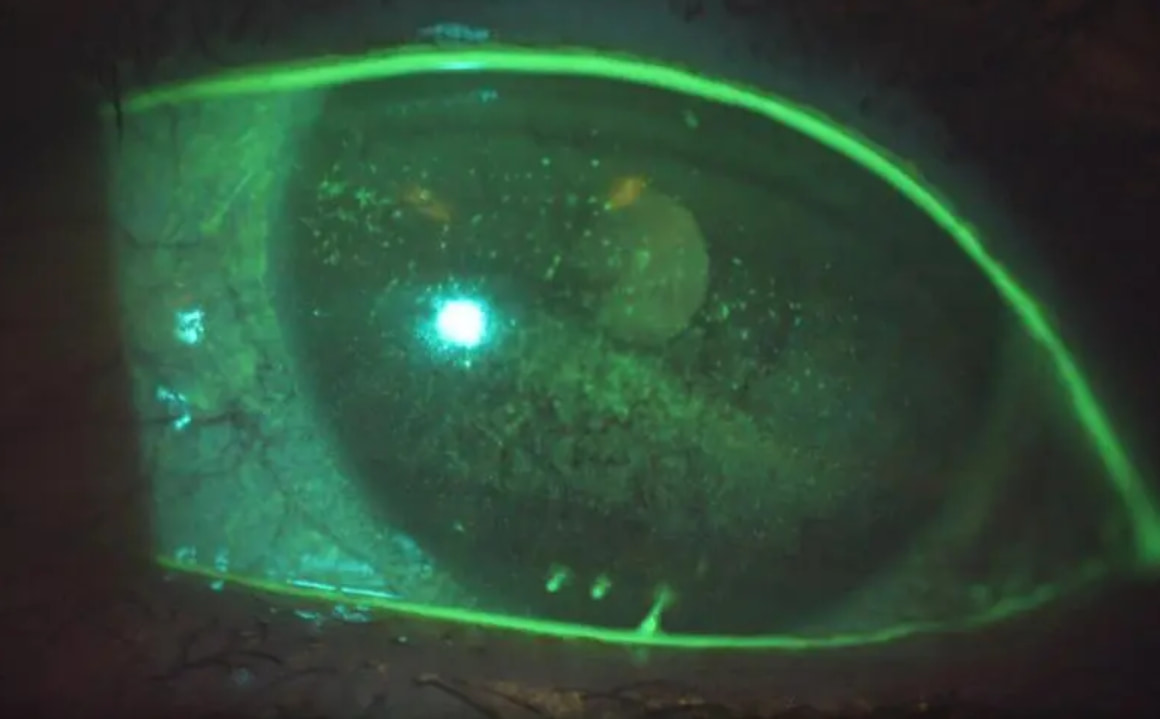
Above picture shows the presence of small, superficial lesions on the surface of the cornea.
Is Thygeson’s Keratitis Contagious?
Thygeson's Keratitis is not contagious because it is not caused by an infectious agent such as a virus or bacteria. There is no evidence that the condition can be spread from person to person through contact or other means.
Treatment for Thygeson's Keratitis
Treatment for Thygeson's Keratitis typically involves the use of topical eye drops or ointments to reduce inflammation and promote healing of the cornea. In some cases, oral or injectable medications may also be used to suppress the immune system and prevent further damage to the cornea.
Topical corticosteroids, such as prednisolone acetate or loteprednol etabonate, are often used to reduce inflammation and promote healing of the cornea. These medications are typically administered as eye drops or ointments. A bandage contact lens can also be applied to the eye to promote healing and reduce pain and discomfort.
Conclusion
Thygeson's Keratitis is a rare and chronic inflammatory disorder that affects the cornea. It is caused by an autoimmune disorder or viral infections, and symptoms include redness, eye pain, light sensitivity, tearing, and blurred vision. Treatment includes topical steroids and immunomodulators, and in severe cases, oral medication and corneal transplants. Early diagnosis and treatment are crucial to prevent vision loss and manage the symptoms.
(1).jpg)
